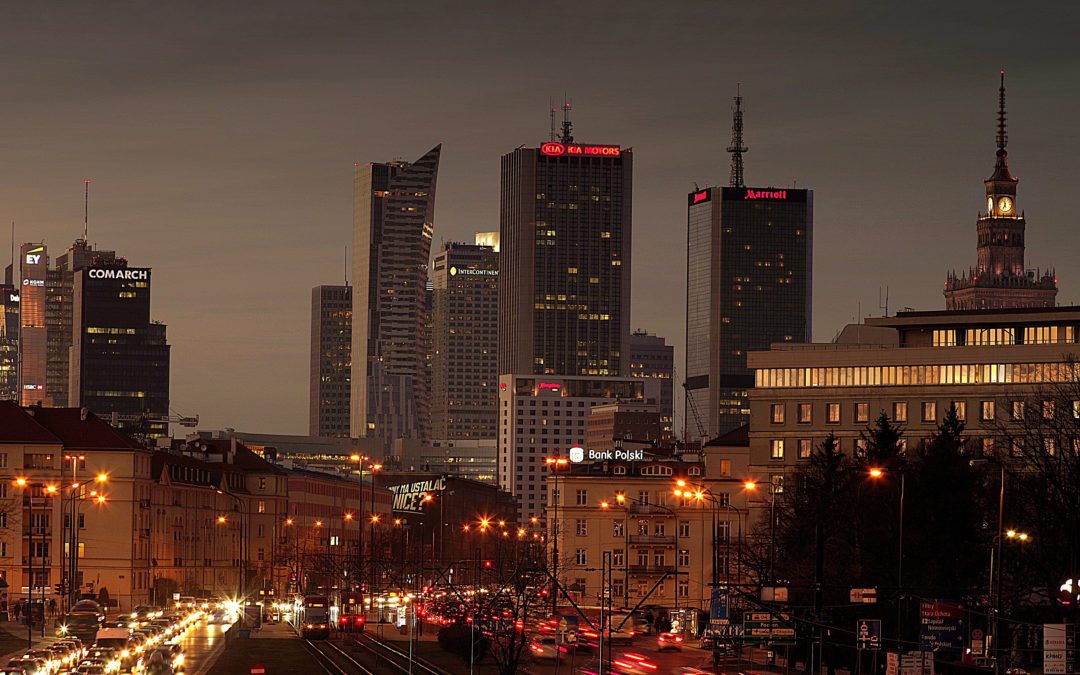Poland’s fiscal situation is better than other countries in the region and its economy is more resistant to the impact of the coronavirus pandemic, according to a World Bank senior economist for Poland. In the medium term, Poland could even benefit from the effects of the crisis.
“While the Polish economy faces similar challenges to other countries in the region, its fiscal situation is better and, thanks to diversification and competitiveness, it is more resistant,” Cristina Savescu said in an interview with ISBnews, cited by Business Insider.
“Poland’s amount of debt in relation to GDP is one of the lowest in the European Union, and therefore the government has budgetary space to respond to the crisis,” she explained.
Savescu also pointed to the role the central bank has played in the crisis, noting that its “rapid intervention provided the necessary liquidity for the banking sector through a quantitative easing programme”.
Poland is the only EU country in which inflation is forecast to increase this year. But Savescu told ISBnews she believes that “inflation is under control”.
Poland’s economy will not escape the coronavirus, however, with “both supply and demand suffering, uncertainty among consumers and investors” and “recessions among [Poland’s] largest trade partners having a negative impact on exports”.
While the Polish labour market has proved “quite resistant to shock” so far, and the government’s efforts to protect jobs have provided “some support”, it is still too early to assess the full impact on employment, said Savescu, quoted by Money.pl.
“Lower domestic demand and the second wave of the epidemic may have more serious consequences for the labour market,” she warned. “In the sectors most affected by the crisis there is a risk of permanent job losses.”
But Savescu also believes that the crisis presents opportunities to Poland as the global economy reemerges and restructures.
“In the medium term, Poland may benefit from reshuffles within global supply chains,” she said. “Due to trade disruption and shortages of certain goods during the pandemic, countries and companies, including manufacturing firms in the EU, may want to transfer operations to other, competitively priced places.”
“The current crisis and large economic support packages are also a good opportunity to focus on new, green sources of economic growth,” she added. “For example, improving energy efficiency or social reforms, including in the fields of health and education.”
The European Commission last forecast Poland to have the lowest relative decline (of -4.3%) in GDP in the EU this year. This week, the World Bank issued a similar forecast, of -4.2%, compared to -9.1% in the eurozone.

Daniel Tilles is editor-in-chief of Notes from Poland. He has written on Polish affairs for a wide range of publications, including Foreign Policy, POLITICO Europe, EUobserver and Dziennik Gazeta Prawna.




















